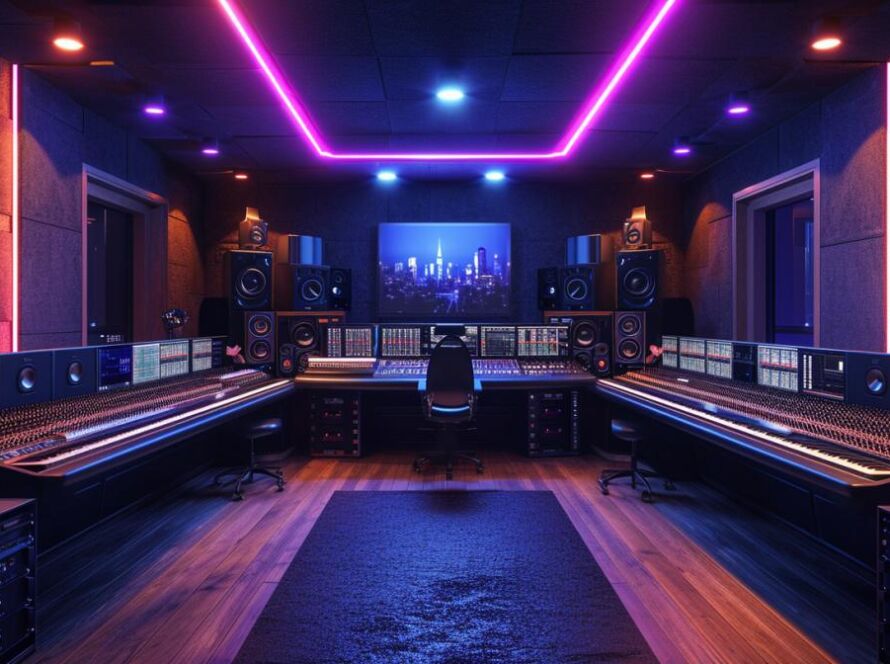The design industry is always on the lookout for innovative ways to enhance creativity and efficiency. With the advent of artificial intelligence (AI), there’s been a transformative shift, especially in concept design for products like cars, televisions, and other consumer goods. AI has emerged as a powerful tool, capable of pushing the boundaries of traditional design processes. Let’s explore how AI is shaping the future of concept design in the design industry.
Accelerated Design Process
One of the major ways AI is aiding the design industry is by significantly accelerating the concept design process. AI-powered software can quickly generate numerous design variations, allowing designers to explore a vast array of possibilities in a fraction of the time it would take manually. This efficiency not only speeds up the design phase but also provides quick turnaround times for businesses looking to bring new products to market.
Predictive Analytics and Market Trends
AI tools can analyze large datasets to identify market trends and consumer preferences, which can then inform the concept design process. This predictive analytics capability means that designers can create concepts that are not only innovative but also aligned with potential market demands, reducing the risk of developing products that may not resonate with consumers.
Enhanced Creativity through Machine Learning
AI is not just about automating tasks; it’s also about enhancing creativity. Machine learning algorithms can learn from existing designs and suggest new features or improvements, pushing designers to explore areas they might not have considered. This collaboration between human creativity and AI innovation can lead to groundbreaking concepts and futuristic designs that redefine industry standards.
Improved Prototyping with 3D Modeling
3D modeling software, powered by AI, can create realistic prototypes that help designers and stakeholders visualize the final product better. This ability to quickly develop and modify prototypes not only aids in the decision-making process but also ensures that the final product is as close to the designer’s vision as possible.
Automated Testing and Validation
AI systems can simulate real-world conditions to test and validate design concepts without the need for physical prototypes. This not only saves resources but also ensures that concepts are safe, functional, and effective before they even enter the production stage.
Personalized Design
Finally, AI enables the creation of highly personalized designs. By analyzing individual customer preferences, AI can help designers create customized products that cater to specific needs and aesthetics, enhancing customer satisfaction and loyalty.
Conclusion
In conclusion, AI is a game-changer for the design industry, particularly in concept design for cars, televisions, and other consumer goods. From accelerating the design process to enabling personalized products, AI facilitates innovation, efficiency, and creativity. As AI technologies continue to evolve, we can expect them to further catalyze transformative changes in concept design and beyond.




